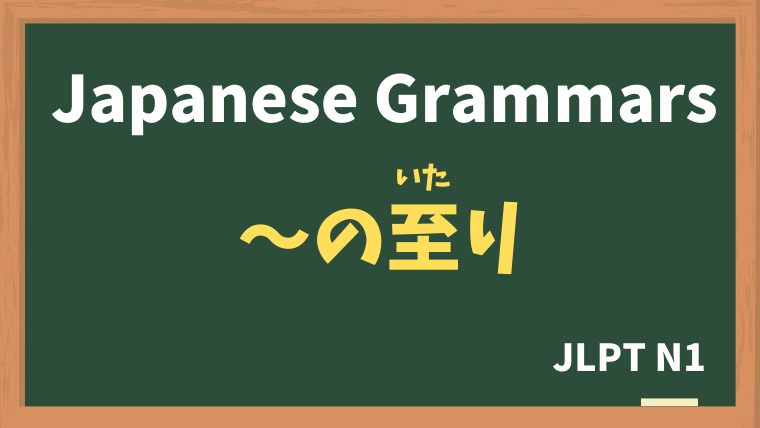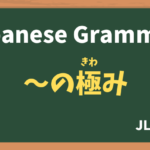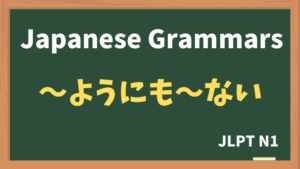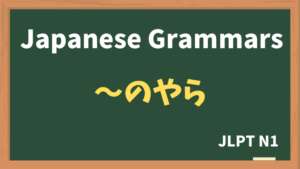
Explanation:〜の至り
fa-check-circleMeaning
“これ以上ないぐらい〜だ / 最高に〜だ”
程度が非常に高く、それ以上ないことを表します。
“extremely”
Used to convey an extreme or utmost degree of an emotional state or condition. It is typically paired with nouns that represent feelings, experiences, or states, such as "光栄" (honor), "若気" (youth), or "感激" (gratitude). It has a formal and somewhat poetic tone and is often used in expressions of deep gratitude, honor, or embarrassment.
fa-check-circleForm
N + の至り
fa-check-circlePoints
- Expressing Extremes: "〜の至り" is used to express the highest level or extreme of a particular feeling or state.
- Formal or Literary: This expression is formal and is commonly found in written language, speeches, or formal situations.
- Positive or Negative Connotations: While often used for positive emotions like honor or gratitude, it can also be used to express embarrassment or shame.
fa-check-circleJLPT Level
N1
fa-check-circleNote
「〜の極み」とほとんど同じ意味ですが、「〜の至り」はほとんど慣用句(idiom)として使うことが多いです。
Common Pairings
- 光栄の至り (こうえいのいたり): The utmost honor
- 若気の至り (わかげのいたり): The excesses of youth (referring to youthful recklessness)
- 感激の至り (かんげきのいたり): Overwhelming gratitude or emotion
- 赤面の至り (せきめんのいたり): Utter embarrassment (literally, blushing to the extreme)
Sample sentenes
学生の頃は、よく若気の至りで悪いことばかりしたものだ。
When I was a student, I often did bad things out of youthful indiscretion.
このような賞を私がいただけるなんて、感激の至りでございます。
I am deeply moved to receive such an award.
このような事態が起こったのも、私の不徳の至りでございます。
This situation has arisen because it is all my fault.
昨日の飲み会では酔い潰れてしまい、赤面の至りだ。
I am terribly embarrassed about getting drunk and passing out at yesterday's party.
Vocabulary
| Japanese |
English | |
| 賞 | しょう | award |
| 事態 | じたい | situation |
Similar Sentence Pattern







